EU on constitution adoption
EU is welcoming the initial constitutional referendum results, and the replacement of the Milošević-era constitution.
Monday, 30.10.2006.
16:34

EU on constitution adoption
She said the EU considered the contents of the constitution and has also followed the debate.Nagy said the EU is informed about the preliminary results of the constitutional referendum, indicating that the citizens have voted in favor of the proposal.
Asked to comment on the provisions pertaining to Serbia’s sovereignty over Kosovo, Nagy stressed that was a separate issue, linked to the negotiating process headed by UN Kosovo envoy Martti Ahtisaari. According to her, it is important to note that the voter lists did not contain most of the Kosovo citizens and dated back to 2001.
The EU is satisfied with the course of the referendum, seeing it as good and orderly.
“Now we expect a stable democratic government to form after the elections”, EU officials said in Brussels.
The political and security committee officials repeated that during his recent meeting with the EU Troika, Serbian prime minister Vojislav Koštunica confirmed that the Serbian elections will be held by the end of the year.
Elections should be called a few days after the referendum, as soon as the Law on Constitution Implementation is adopted. However, a dilemma remains whether both the parliamentary and presidential elections will be held at the same time. The parties that campaigned in favor of the constitution will now have to agree on that.
Council of Europe sees referendum as positive
Council of Europe Parliamentary Assembly officials say the constitutional referendum was conducted in line with obligations Serbia undertook with its CoE membership.The delegation, headed by Alexander Fomenko, lauded the peaceful and orderly conduct of the vote. The atmosphere was clearly conducive to a democratic expression of the will of the electorate. The delegation further noted the broad cross-party and cross-community agreement on the need for a new Constitution, despite calls for a boycott from some quarters.
The delegations’ objections pertained to insufficient training for electoral officials, who were not used to administering a vote spread over two days. Other concerns included inadequate seals on the ballot boxes, polling booths that potentially compromised the secrecy of the vote, and the quality of the voter lists.
The delegation split into teams which observed in and around Belgrade, as well as Nis, Novi Sad, Novi Pazar, Vršac and Vranje. It could not observe the vote in Kosovo, as UNMIK had announced it would not support the holding of a referendum in this UN-administered territory, Fomenko said.






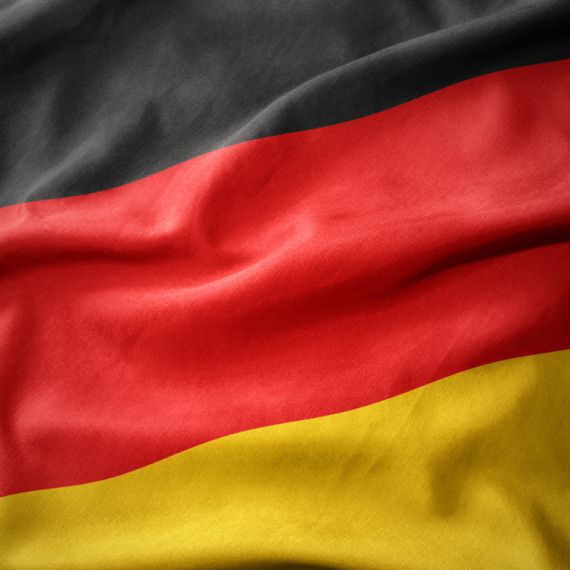



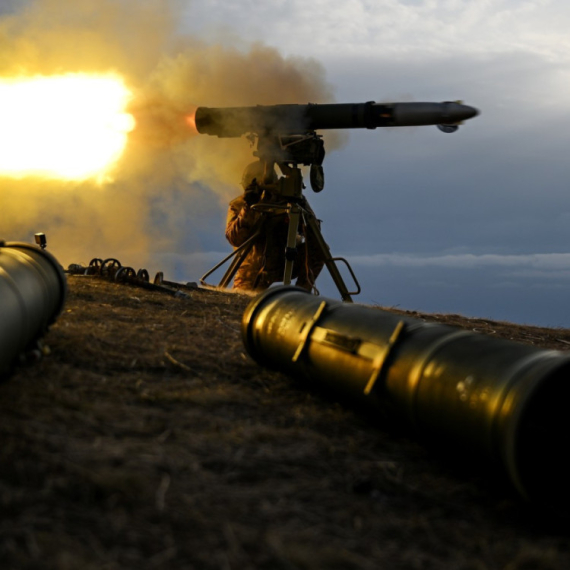






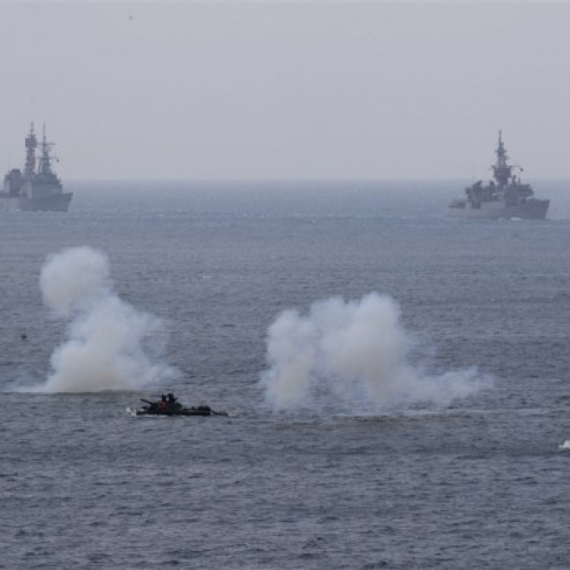


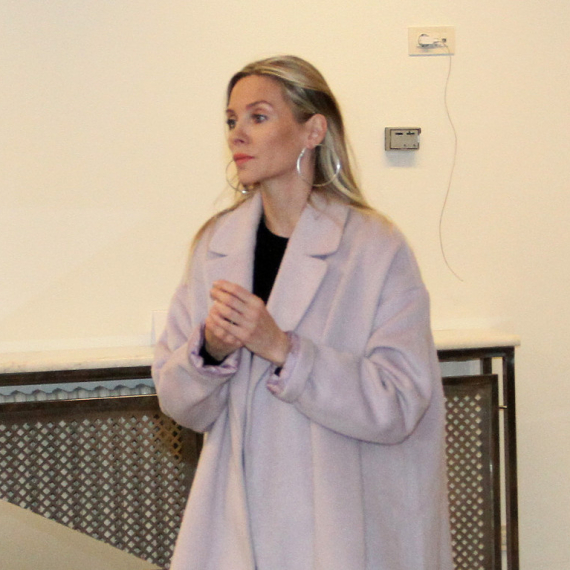
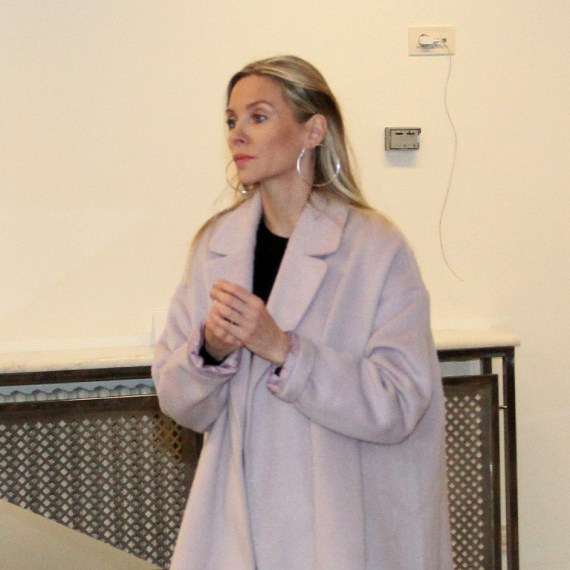
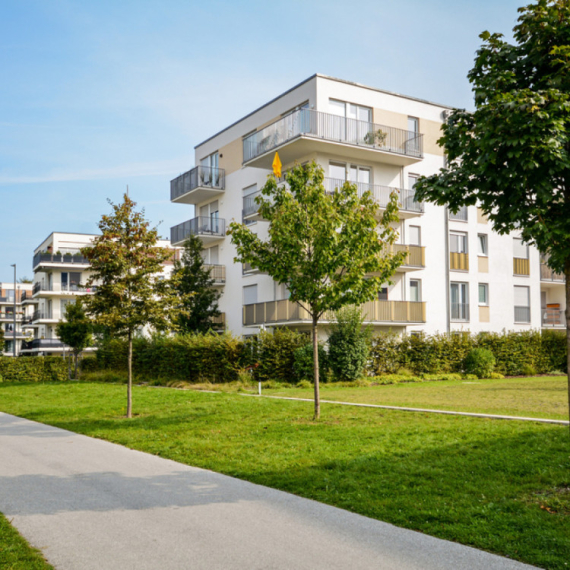





























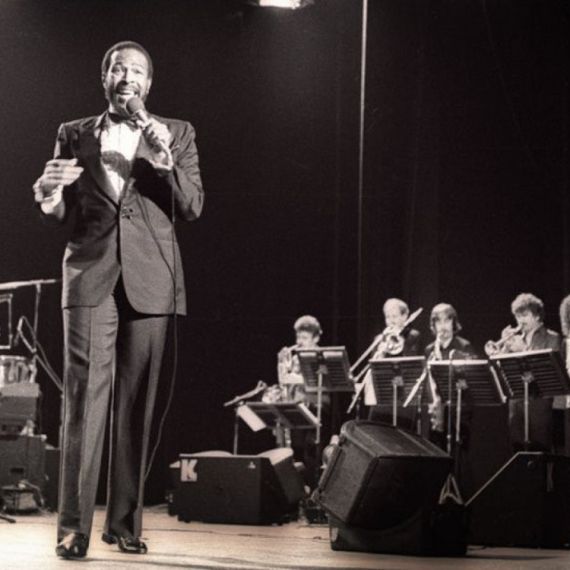

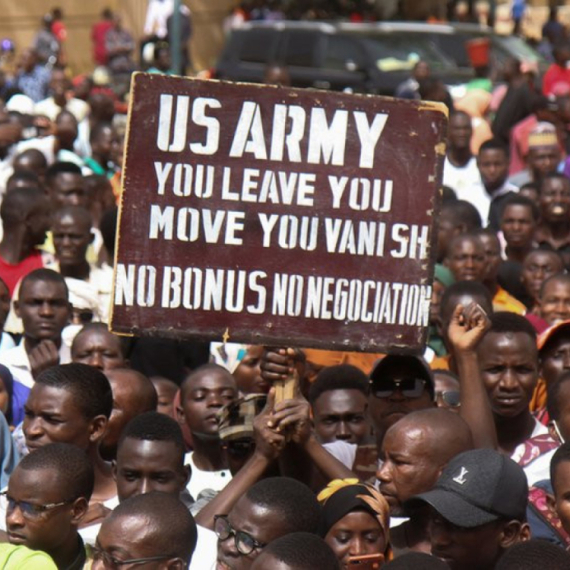



Komentari 5
Pogledaj komentare